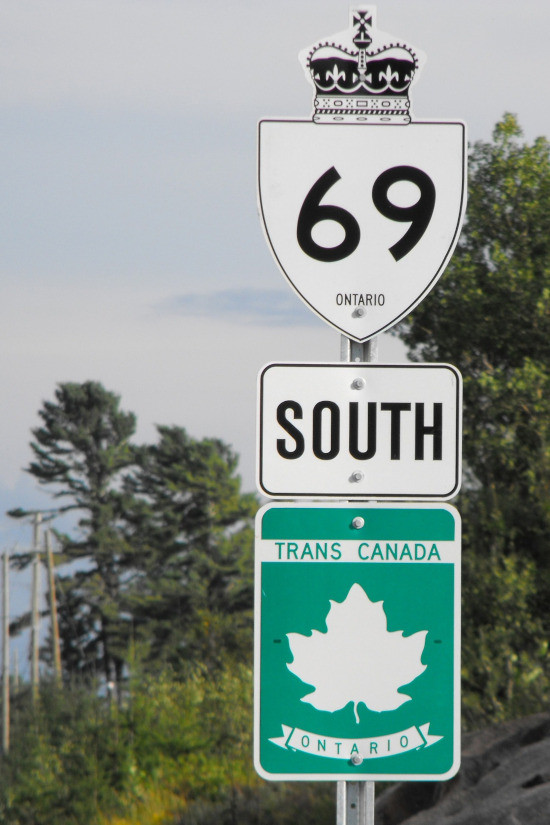Don’t bite the hand that feeds you
The problem of federalism

Supplied photo
Federal Environment Minister Steven Guilbeault caused uproar over the last few weeks after he announced that the “government has made the decision to stop investing in new road infrastructure.”
Several critics seized the opportunity to denounce Guilbeault, including Conservative MP Mark Strahl. The British Columbia representative, who sits as vice-chair for the standing committee on transport, infrastructure and communities, referred to Guilbeault as “an extreme environment minister.”
Guilbeault, with the aid of Prime Minister Justin Trudeau, later clarified that he meant to say the feds would not fund any new road construction.
“We have programs to fund roads,” Guilbeault told reporters, “but we have said – and maybe I should have been more specific in the past – that we don’t have funds for large projects.”
Canada is one of the least densely populated countries in the world while simultaneously possessing one of the largest road networks. Given the vastness of the country’s landmass, roads serve as crucial infrastructure to transport goods.
In an open letter to Guilbeault, Dr. Trev- or Tombe, an economist at the University of Calgary, stated “roughly three-quarters of everything we trade across provinces is shipped by truck. Internationally, roughly two-thirds of our exports are shipped that way.”
Tombe suggests that “we need more funding, not less, for critical infrastructure” and “more funding for interprovincial highway capacity.”
On the other hand, Globe and Mail columnist Andrew Coyne has welcomed Guilbeault’s comments, suggesting that roadway privatization is a better alternative that allows more federal funding for other projects.
One thing that should be clear from this rift, however, is that it has very little to do with the construction and funding of new roads. This was illustrated when Ontario Premier Doug Ford commented on the matter, saying, “we’re building roads and highways, with or without a cent from the feds.”
This most recent dispute, rather, unveils the nature of governance in Canada and the problems the federalist system presents. Central to this system is the division of powers over jurisdictions such as roads, natural resources and education.
The Canadian Constitution grants the federal government power over issues of national importance, but this definition can often be hazy.
As a result, provincial and federal leaders are often at odds with one another when they do not see eye to eye. Add in some serious policy issue like funding for infrastructure, and the problem is exacerbated.
It isn’t obvious where the feds should wield the authority to supersede provincial powers. Especially when the dictate, like in the case of a carbon tax or the banning of single-use plastics, fuels pre-existing political rifts and impacts oil-dependent Alberta’s economic wellbeing.
Moreover, this dynamic potentially amplifies the alienation many Western Canadians feel. Western alienation refers to perceived favouritism in federal policy-making toward the major voting centres of Quebec and Ontario at the expense of Western economies. In a 2018 Ipsos poll, just 19 per cent of Western Canadians reported feeling adequately represented by the federal government.
Given that Alberta consistently con- contributes more in relative terms to federal transfer payments than any other province and the unfavourable polling numbers in the upcoming election, it may be prudent for the feds to not bite the hand that feeds them.
Gabriel Louër is a volunteer contributor for The Uniter. He serves as emerging leaders director for the UWSA.
Published in Volume 78, Number 20 of The Uniter (March 7, 2024)






